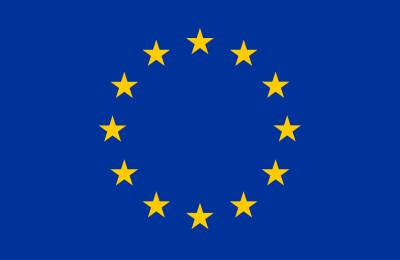Dutch Universities Sound the Alarm in Brussels: Invest in Education and Research
Topical

Contact

The European Commission is currently preparing its proposal for the next Multi-annual Financial Framework for the period 2028–2034. During her re-election campaign, Commission President Ursula von der Leyen announced her ambition to place Research and Innovation (R&I) at the heart of the European economy. In a letter addressed to President von der Leyen, the Association of Universities of the Netherlands (UNL) expresses its appreciation for this pledge but also warns of the significant risks facing Europe if the new budget does not robustly support all facets of R&I. Annelien Bredenoord, President of Erasmus University Rotterdam and UNL’s EU Lead, says: "Europe is facing immense geopolitical and economic challenges. If we fail to make a full commitment to research and innovation, we will continue to lose ground to countries like China and the United States. Yet, this moment also offers a unique opportunity: throughout past crises, the EU has consistently demonstrated its value. It can do so again."
Contact

Over the past decades, the European Framework Programmes for R&I have been the driving force behind scientific breakthroughs and innovations in Europe. Thanks in part to these programmes, many European countries, including the Netherlands, are among the world’s top-performing innovative economies. However, this position is now under threat. One of the main concerns is that no new, tenth Framework Programme for R&I (FP10) has been committed to yet. Universities fear that funding for scientific research and innovation will be absorbed into the broader Competitiveness Fund, where short-term priorities could override long-term strategic investments in scientific research.
"Without sufficient investment in fundamental research, scientific autonomy, and cross-border collaboration, there can be no industrial competitiveness in the long run," Bredenoord emphasized.
Therefore, the Dutch universities call upon the European Commission to:
- Guarantee a standalone FP10 with a budget of €220 billion, as recommended in the Heitor Report;
- Promote that all Member States meet the Lisbon target of investing at least 3% of GDP in R&I;
- Actively foster scientific collaboration, knowledge sharing, and academic freedom;
- Ensure continued support for both fundamental and applied research, across both STEM fields and the social sciences and humanities;
- Reduce administrative burdens for researchers.
The Dutch universities are strong advocates for the added value of European scientific collaboration. They are eager to work with the European Commission on shaping the next European Framework Programme for R&I.
Photo by Guillaume Périgois on Unsplash.
Relevant documents
-
UNL Letter to Presidents of the EU Institutions.pdf
Publication -
Horizon to date - forty years of progress (2024)
Publication -
UNL & NFU Position Paper Horizon Europe and Beyond 2024 [Final].pdf
Publication


